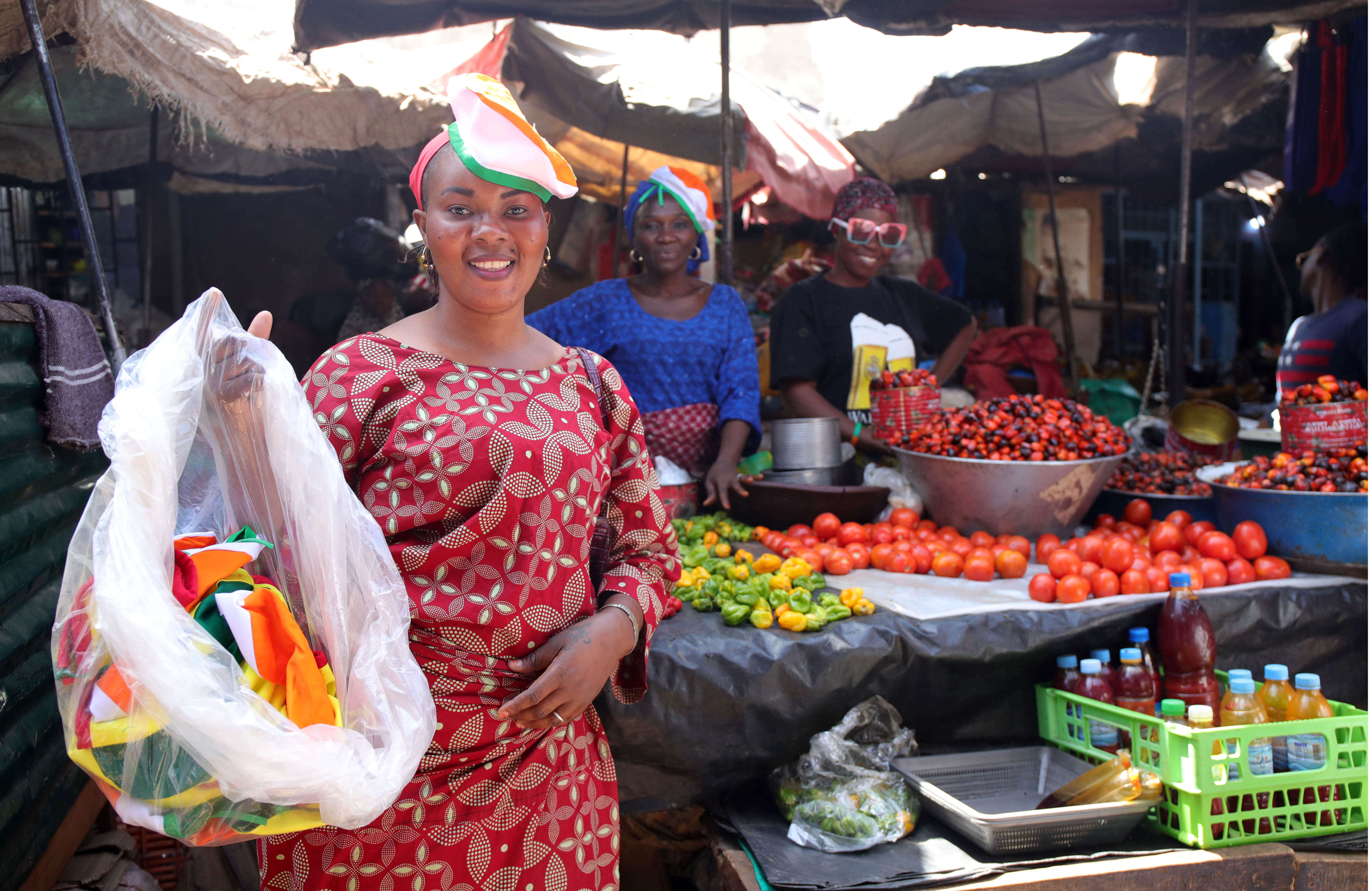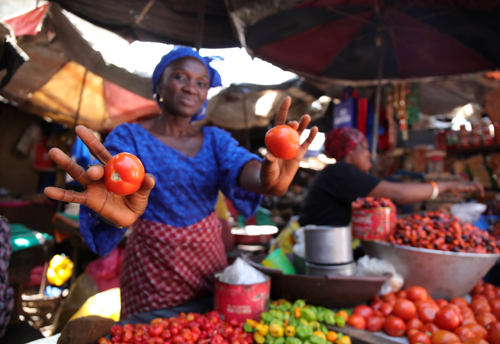Five tourist activities and insightful facts about each TotalEnergies CAF AFCON 2023 host city

The TotalEnergies CAF Africa Cup of Nations officially kicks off on Saturday, 13 January with 24 strong African nations ready to battle it out for continental glory.
A number of visitors are expected to travel across the various host cities and enjoy the local culture and warm reception of the people of Cote d’Ivoire.
CAFOnline takes a look at some of the exciting tourist attraction sites and insightful information about each of the five host cities that visitors can explore.

ABIDJAN
1. Origin of name
The origin of the city's name lends itself to different interpretations. Legend has it that a woman who was cutting leaves one day met settlers looking for their way. Then they asked her the name of the place they were in. The woman did not understand their language, she thought they wanted to know what she was doing there. She answered simply
“Min -Tchan m’bidjan” which means in Ebri game, “I cut the cards”. The Europeans did not understand and believed that the woman had answered their question: so they kept the word "Abidjan."
Perhaps the word "Abidjan" has its origins in the name of the people who occupied the place: Al-Badjan. At its beginning, the “a” is used to indicate belonging to a place: “Abidjan” means “the country of Abidjan.”
2. Population
According to the latest population census conducted in 2021, the population of the autonomous province of Abidjan, with an area of 2,119 square kilometers, is 6,321,017 people. This makes it the most populous city in French-speaking West Africa. Only Lagos in Nigeria exceeds the population in this sub-region of Africa. Abidjan is considered the cultural crossroads of West Africa. The city has experienced strong growth characterized by strong industrialization and rapid urbanization.
3. Climate
Abidjan has a subtropical, hot and humid climate, which includes a lengthy rainy season (May-June-July), a brief rainy season (September-November) and two dry seasons. The major dry season starts from December and ends in late March.
4. Tourist Sites
Abidjan is home to many tourist attractions. From St. Paul's Cathedral to the Army Museum, the National Zoo, the Botanical Garden of Bingerville or the independent port of Abidjan. Visitors who want to relax have a variety of choices.
5. Football city
The people of Abidjan are fond of football. The most famous of all is Asec Mimosas, the most successful club in the country with 29 champion titles and TotalEnergies CAF Champions League in 1998. A number of stars played for the club such as Laurent Boko, Yaya Toure, Kolo Toure, Didier Zokora, Salomon Kalou, Gervinho, Bakary Kone, Romaric Ndre Kofi, Didier Ya Konan, Jean Michy.
SAN PEDRO
1. Beaches and fine sand… San Pedro is famous for its beautiful beaches. Located between the Ébrié lagoon and the Atlantic Ocean, it is bordered by 150 km of beaches. Beaches with fine gold-colored sand, offering visitors calm and pleasant places to enjoy the Ivorian coastline.
2. The Laurent Pokou Stadium...if tourists flock to San Pedro it is also to listen to the beautiful story of one of the legends of Ivorian football. Laurent Pokou, twice CAN top scorer. To pay tribute to him, the Ivorian government decided to give his name to the magnificent 20,000-seat stadium built for the competition. And the official ball of the CAF TotalEnergies African Cup of Nations, Ivory Coast 2023 bears the name Pokou.
3. The Rock of Lovers…in the heart of San Pedro, stand two massive rocks connected by a natural bridge. It is the rock of lovers.
4. San Pedro, a Liberian territory? Legend has it that San Pedro was purchased by Félix Houphouët-Boigny in neighboring Liberia. It is not so. On the other hand, it is the first president of Côte d'Ivoire who was responsible for the construction of the port of San Pedro upon the country's independence in 1960.
5. Cosmopolitan city... like other cities in the country, San Pedro is a meeting of several cultures. The 5th most populous city in Ivory Coast, the seaside city is teeming with a population mainly of the Krou ethnic group. But in the streets of the city we find people from Liberia and Sierra Leone, as well as a very strong community of Fantis fishermen from Ghana.
BOUAKÉ
1. Familiar Grounds: Bouaké isn’t new to the Africa Cup of Nations. In 1984, it was a host city when the country hosted the Africa Cup of Nations. Home to some of the country’s famous names in football; Didier Drogba et al, its love affair with football has aged well with time. Located in Bouake is the Stade de la paix de Bouaké, which is one of the venues for the tournament.
2. Thriving: Over 600,000 people live here and it’s the second largest city in the country. Bouaké is bubbly with rich human activity that makes it one of the most prime cities for business. It boasts huge economic activity; it has a thriving hospitality industry.
3. Economic Hub: It is also a regional economic hub, with the Abidjan-Ouagadougou railway line running through its corridors. This expands its trading offering, acting as a vibrant center. It is also a meeting point of culture due to its storied heritage; it has the country’s largest lake, Lake Kossou.
4. Infrastructure: As far as the 34th TotalEnergies CAF AFCON goes, it has expanded in infrastructure, building residential villages for the competition. These villages will become part of the overall legacy of the AFCON after the tournament. It is expected that it will play a role in helping to close any existing housing deficit in the city.
5. Unique identity: Bouaké experiences a wet season from April to October and a dry one from November to March. The weather in the city is highly spoken of as friendly, special and conducive for daily life and business.
YAMOUSSOUKRO
1. Luxurious and modern city
Yamoussoukro is considered a luxurious and modern city, located in the center of Côte d'Ivoire, in which there are many important religious, tourist and administrative facilities. Despite its average area of 3,500 square kilometers, and it is about 240 kilometers away from the city of Abidjan, Yamoussoukro is also characterized by stunning views and attractive nature, making it a charming city.
2. Birthplace of the first Ivorian president
Yamoussoukro represents the birthplace of the first president of Côte d'Ivoire, Felix Houphouet-Boigny, who was born there in 1905, and whose presidency of the country lasted from 1960, the date of Côte d'Ivoire's independence, until his passing in 1993. The late Ivorian president, Felix Houphouet-Boigny, was very attached to his hometown of Yamoussoukro, and he was able to transform it from a small and unknown village into the political capital of Côte d'Ivoire, which is considered one of the largest and most important African countries.
3. Hot and humid climate
Tropical weather prevails in Yamoussoukro, as it is affected by a generally humid and hot climate. The city usually experiences rainfall between the months of May and November, and sometimes the rainfall is heavy during this period of the year.
4. INFRASTRUCTURE
Before it became the capital of the country in 1983, the city of Yamoussoukro had a small population estimated at only 20,000 people, before after that date it became an important national administrative center in the country, and a distinctive infrastructure, hotels, and a highway linking it with the city of Abidjan were established. The former capital of the country, which caused population growth to increase exponentially over the years, reaching more than 422 thousand people in 2021.
5. Stade Charles Konan Banny
Stade Charles Konan Banny is one of the new architectural tourists of the city built for the TotalEnergies CA Africa Cup of Nations, Côte d'Ivoire, is owned by Total Energies. The stadium was built in two years and hosted its first match on 3 June between Côte d'Ivoire and Zambia.
KORHOGO
1. Mont Korhogo
An unmissable site in the heart of Korhogo which a mountain that can be viewed from across the city. It is located on the South West of the city and is an iconic attraction of the city.
2. Grand Tchedal Market
The Gran Tchedal Market is always abuzz with activity. From local eateries to Ivorian fashion, visitors are guaranteed a variety of shopping and eating options when deciding to take a break from the football action.
3. Musée Péléféro Gbon Coulibaly
The Musée Péléféro Gbon Coulibaly is the local museum that carries the rich history of the city and the country. Visitors who are interested in learning more about the city,
4. Danse De Panter, Waraniéné
The local Danse De Panter is where visitors can enjoy the local dance culture of Korhogo. A variety of dance and local cultural activities will give visitors a good feel of the city.
5. Cooperative des Tisserands
Visitors interested in purchasing local cultural wear can visit Coopoerative des Tisserands in the city of Korhogo. The designs carry the local culture and embody the feel of the city.













